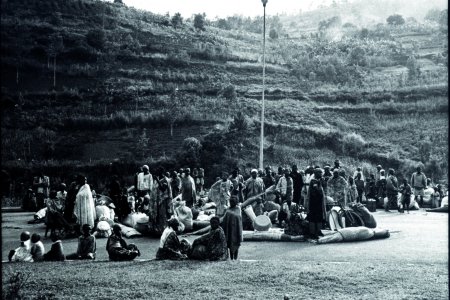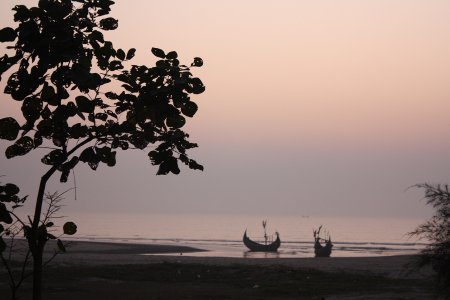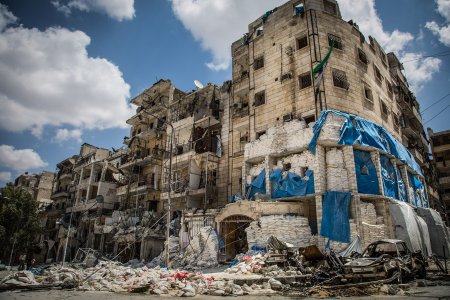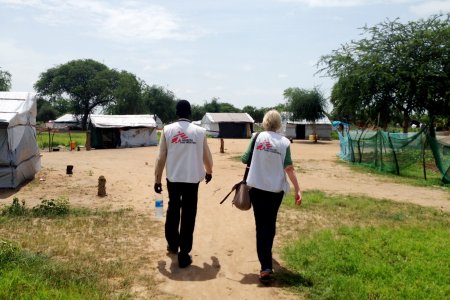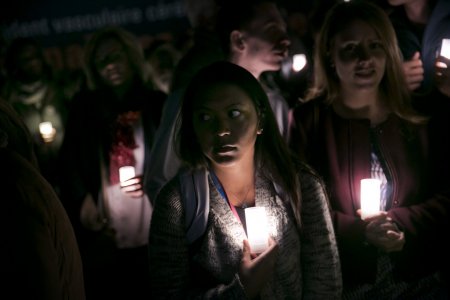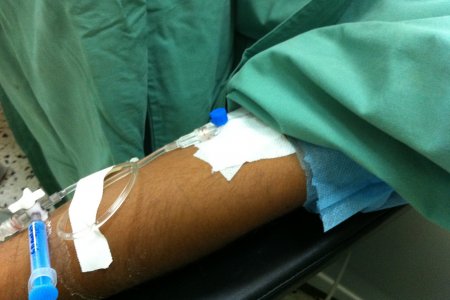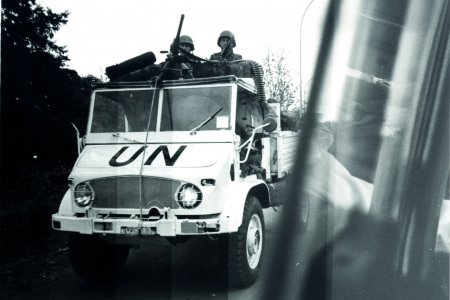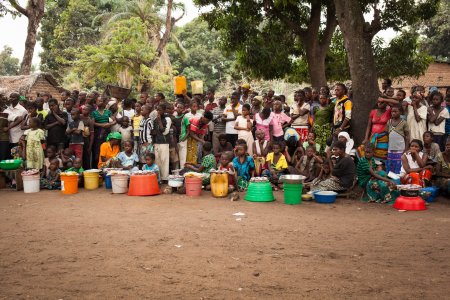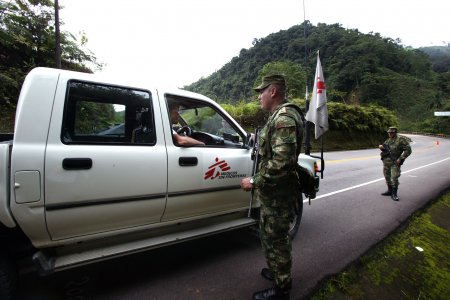Practices and critiques of international humanitarian law
The development of contemporary humanitarian action has historically been associated with international humanitarian law. Viewed as a framework and scope for humanitarian action by certain players and as ambiguous (necro)ethics to be used as a political resource whenever necessary by others, humanitarian law has played a pivotal role in various controversies roiling MSF and the aid community. The studies contained in this volume explore these controversies, delving into the relationships between humanitarian organisations, international criminal justice, the right to intervene, the law-making process and the various ways the law is used.
Genocide from an historical, legal and political standpoint
The publication of the journalist Judi Rever’s book, In Praise of Blood, on the crimes committed by the Rwandan Patriotic Front’s armed rebellion has rekindled discussion over the existence of a “double genocide”, one committed against the Tutsis under the orders of Rwanda’s interim government which took power in April 1994 following the assassination of President Habyarimana, and the other against the Hutus by the Rwandan Patriotic Front (RPF) which seized power in July 1994. There is little or no controversy about the reality of the genocide of the Tutsis in the world of Rwandan studies, but the claim that the Hutus were in turn victims of genocide sparks reactions as violent as they are confused. The cause of this confusion can be found in the different definitions of a term used in at least three fields: history, law and politics.
Humanitarian Wars ? - Interview with Rony Brauman
Rony Brauman has just published “Guerres humanitaires ? Mensonges et intox”. This book, a collection of interviews co-authored with Régis Meyran, explores a number of recent armed interventions that have all shared the goal of saving lives. Reviewing conflicts in Somalia, Libya, Kosovo, Afghanistan and Iraq, Brauman discusses the reasons advanced for justifying these wars and the accompanying lies.
Hospital airstrikes: gathering evidence through images
Interview with Pierre Mendiharat, deputy director of operations (MSF).
The oldest war crime in the book ?
This post was published as a reaction to the attack on the MSF hospital in Kunduz, Afghanistan, that took place on October 3rd, 2015.
Perspectives on the future of humanitarian action
On the occasion of the 150th anniversary of the ICRC (1863-2013) and in light of the recently launched issue of the Review on "The future of humanitarian action", the Harvard Program on Humanitarian Policy and Conflict Research (HPCR) and the International Review of the Red Cross are pleased to co-host a Live Web Seminar on the topic: "Perspectives on the Future of Humanitarian Action"...
Massacre of 17 Action Contre la Faim employees in Sri Lanka: demand justice or reveal the truth?
On 4th August 2006, 17 Sri Lankans working for Action Contre la Faim were executed inside their own compound, the same day Sri Lankan government forces reclaimed control of the town of Muttur.
Torturing in peace with medical help
Two operational situations have recently caused Médecins Sans Frontières to confront the question of torture and the instrumentalisation of medicine by those who practise it.
UN accuses, and congratulates, Rwanda…
The United Nations has again raised the question of the implication of the Rwandan Patriotic Front (RPF) - in power in Rwanda since July 1994 - in crimes committed between 1993 and 2003 in the Democratic Republic of Congo.
Has liberal universalism run its course?
The debate over humanitarian intervention is keeping the northeastern US's left wing intelligentsia in a continual stir, torn between its opposition to imperialism and its devotion to human rights.
NATO and the NGOs: honeymoon over
On March 3, NATO Secretary-General Anders Fogh Rasmussen sent a direct appeal to the humanitarian community. Acknowledging the limits of military force in the stabilization and reconstruction effort in Afghanistan, he wants to create a closer partnership with the NGOs.

